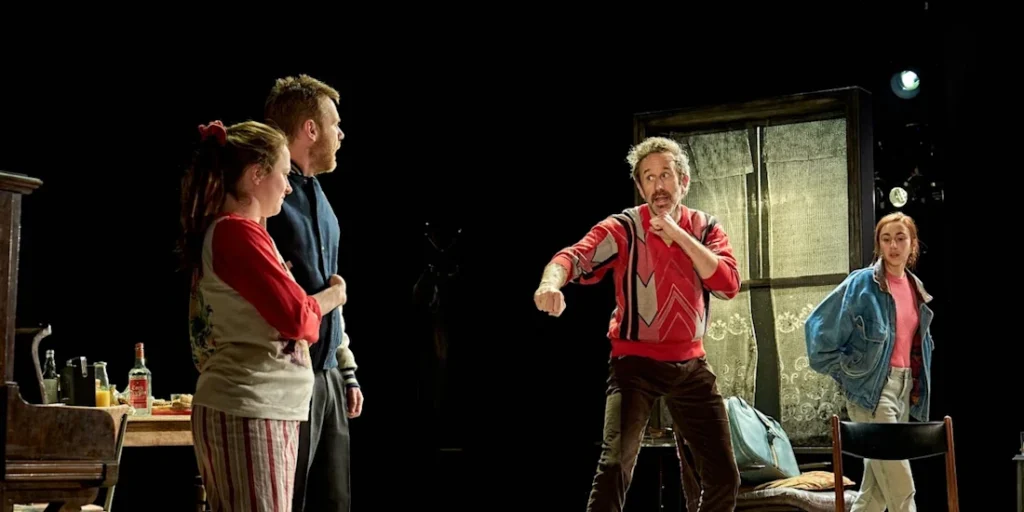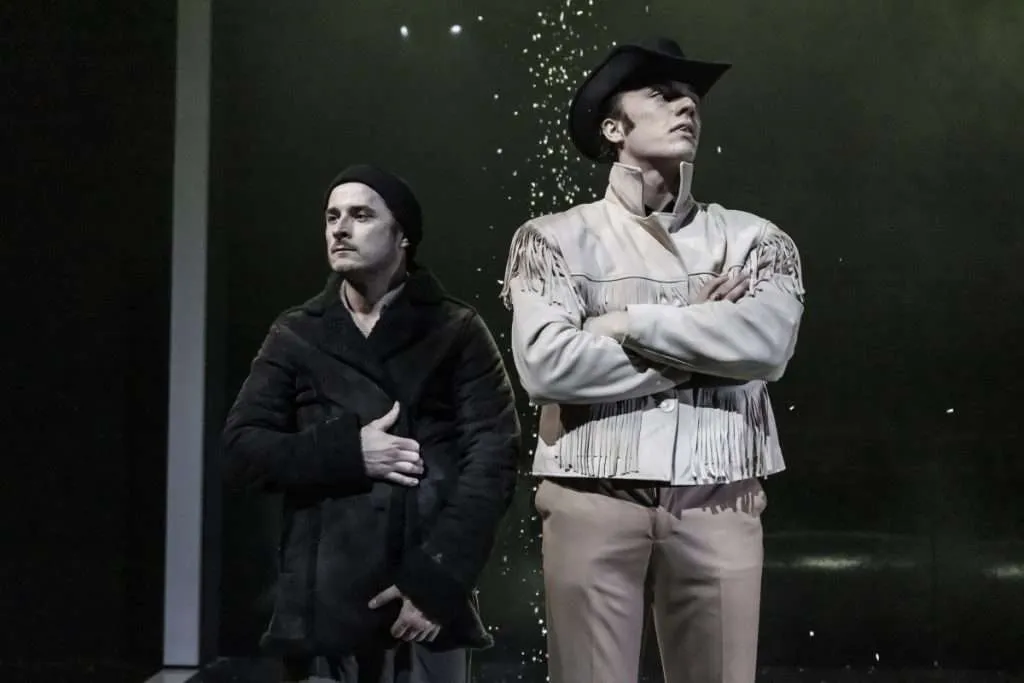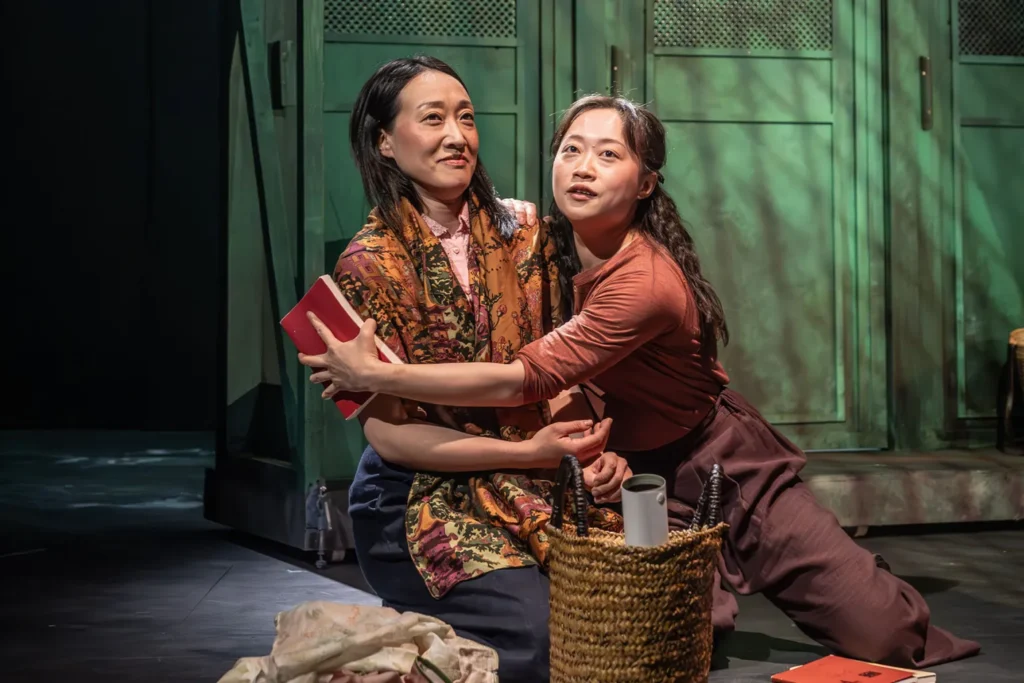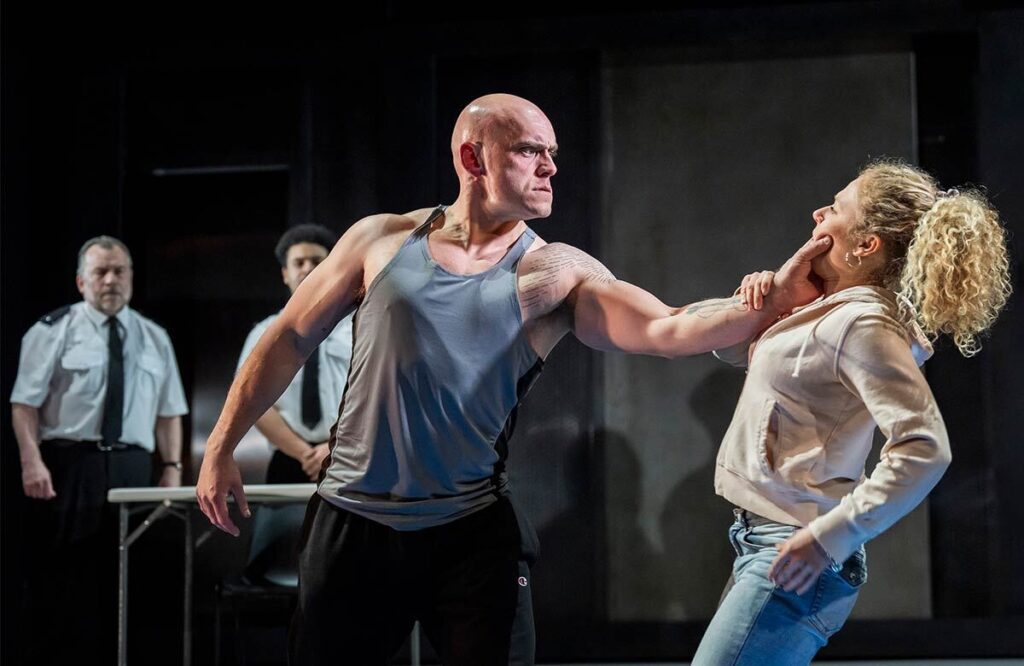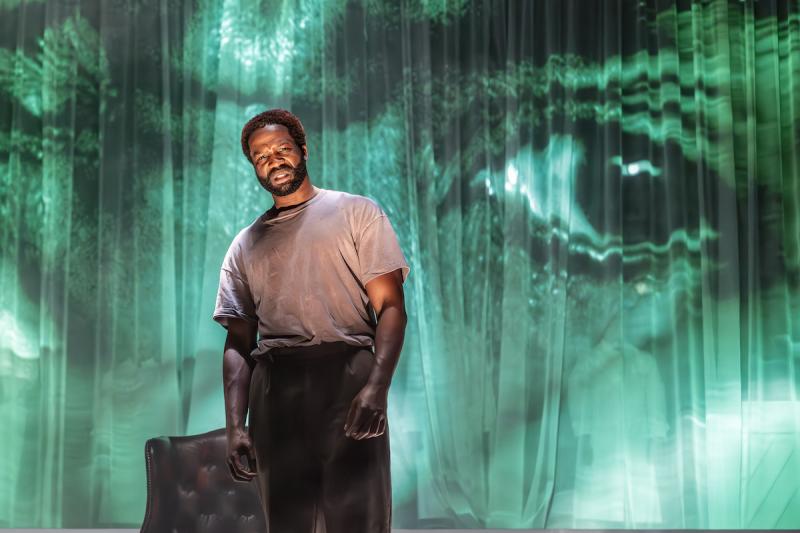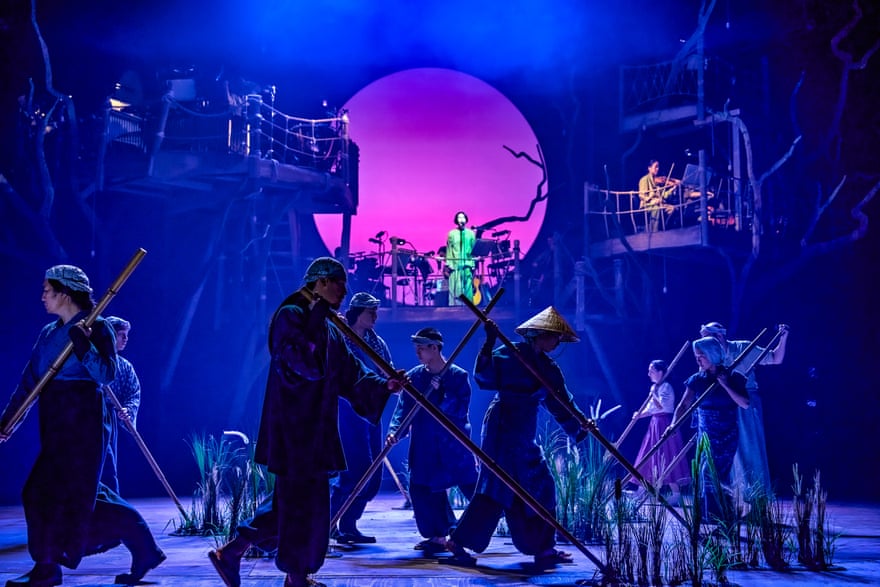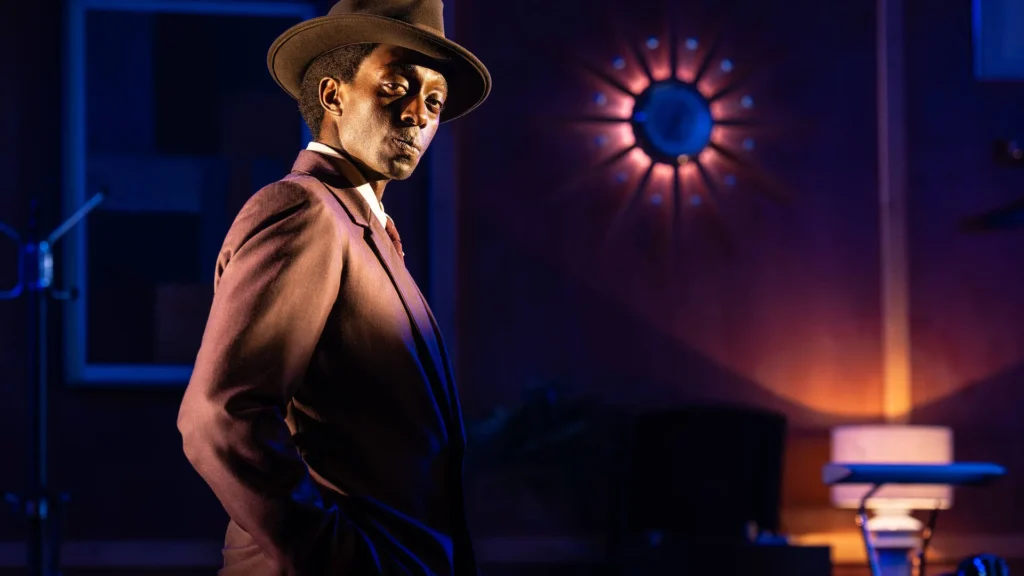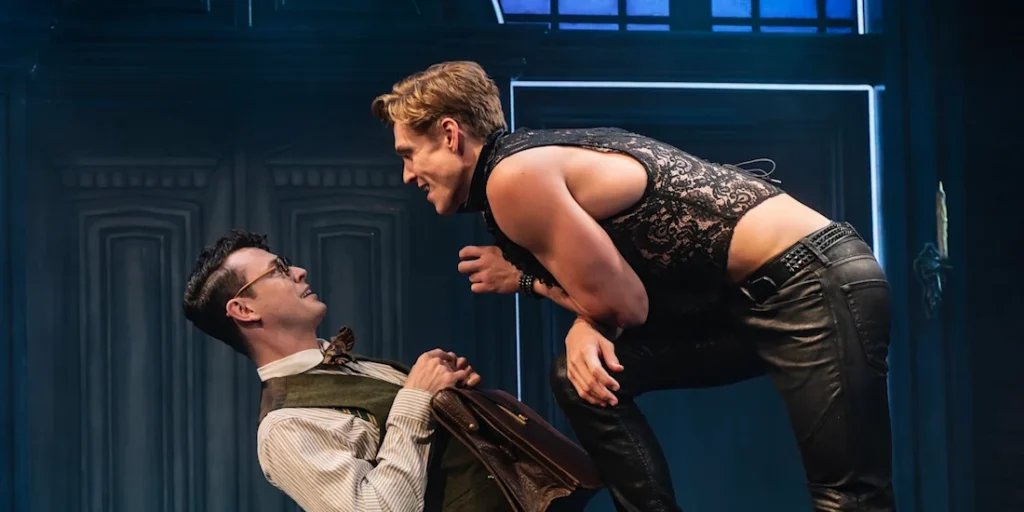Spectacular but hollow musical
The Coliseum
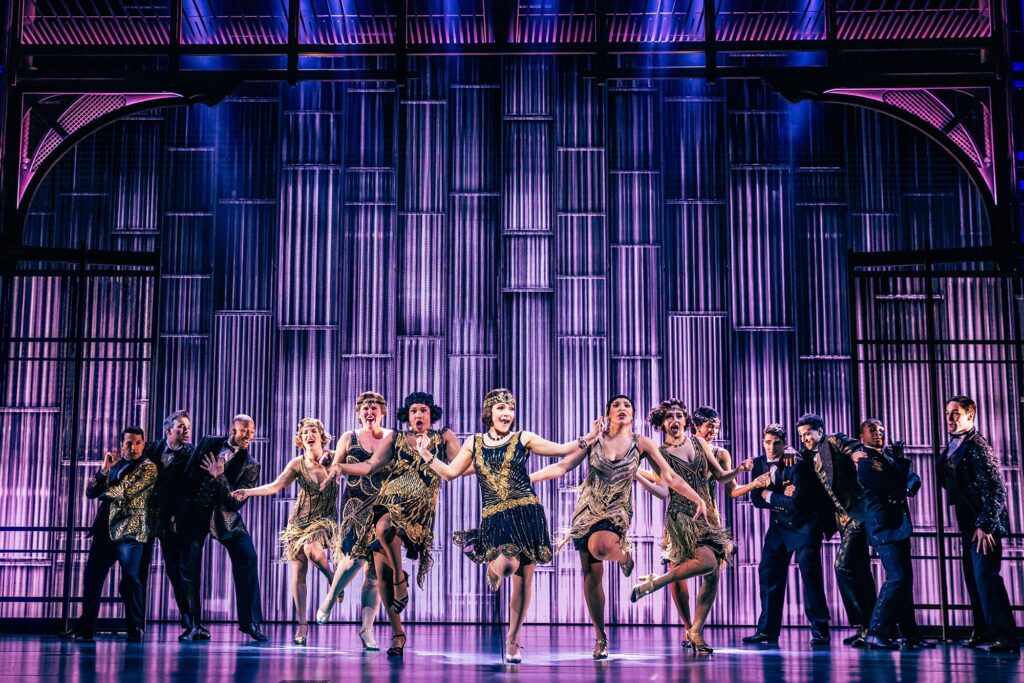
The Great Gatsby musical had lukewarm reviews on Broadway. If the producers were wishing for a different result in the West End, they will have been disappointed by the number of two and even one star reviews. For many critics, Mark Bruni’s ‘hollow’ musical failed to do justice to the complexity and nuance of F Scott Fitzgerald’s great novel. However, some critics did like the spectacle and powerful emotion. The New York production generated good word-of-mouth. The producers may hope this will do the same but the Coliseum has a lot of seats to fill.
[Links to full reviews are included but a number are behind paywalls and therefore may not be accessible]
4 stars ⭑⭑⭑⭑
Laurie Yule for The Stage was sure ‘even those resistant to the unashamedly corny will likely be won over by the breathtaking look and strident performances in this feat of spectacle and seduction.’
3 stars ⭑⭑⭑
Nick Curtis of the Standard said it was ‘a sleek, ravishingly designed ocean liner of a show, with enough musical oomph and vocal power to distract you from the hollowness at its heart.’
LondonTheatre’s Marianka Swain liked the performances: ‘Jamie Muscato and Frances Mayli McCann…lend considerable heft to Gatsby and Daisy’s doomed recoupling, especially when belting out Jason Howland and Nathan Tysen’s colossal Disney-esque power ballads.’
Alun Hood for WhatsOnStage called it ‘the epitome of a slick, escapist West End night out. Shallow, loud and sumptuous.
2 stars ⭑⭑
For Claire Allfree at the Telegraph: ‘the overall effect is excessive in all the wrong places, amplified by Jason Howland’s hammer and tongs score that flattens out all possibility for nuance’.
The Times’ Clive Davis called it ‘big, brash, noisy and oddly one-dimensional’.
The Independent’s Alice Saville was dismissive: ‘what Kait Kerrigan’s weirdly larky book and Marc Bruni’s ludicrously lavish production lack is a basic level of respect for F Scott Fitzgerald’s elegy for the Roaring Twenties, or an understanding of what makes it more than an excellent theme for a hen do.’
1 star ⭑
The Guardian’s Arifa Akbar concluded ‘this production encapsulates the worst of peacockingly splashy entertainment – the kind whose soul has been suctioned out in the making.’
Critics’ Average Rating: 2.5⭑
Value rating 16 (Value rating is the Average Critic Rating divided by the typical ticket price)
The Great Gatsby is at The Coliseum until 7 September 2025. Buy tickets from the theatre here.
If you’ve seen The Great Gatsby at The Coliseum, please add your review and rating below
